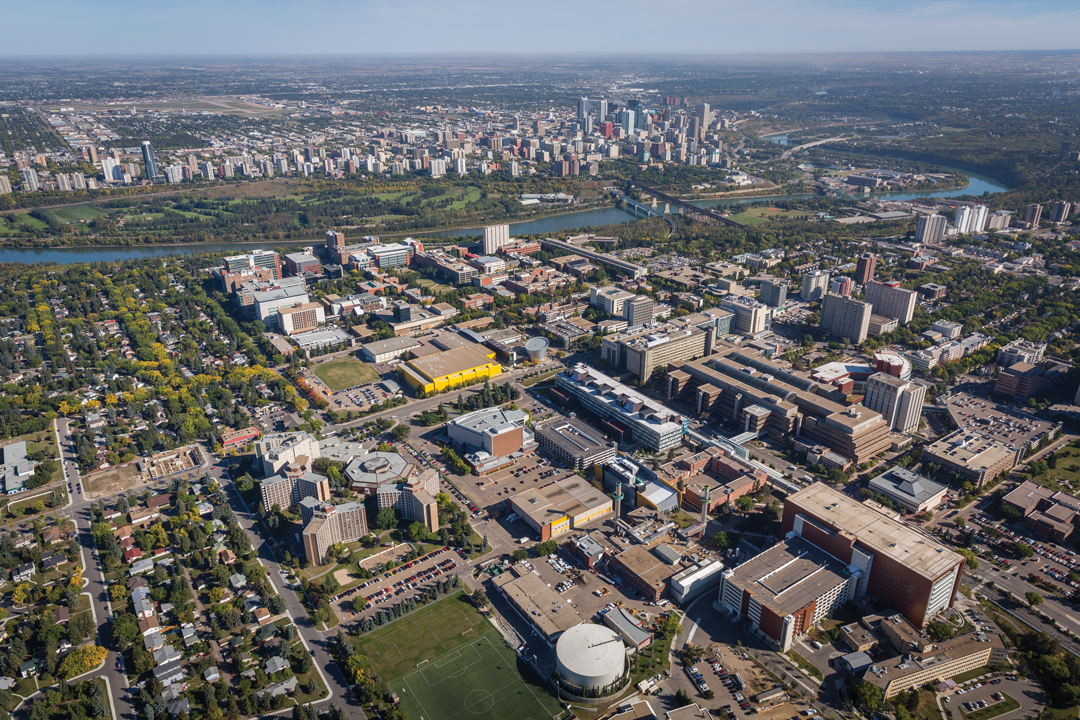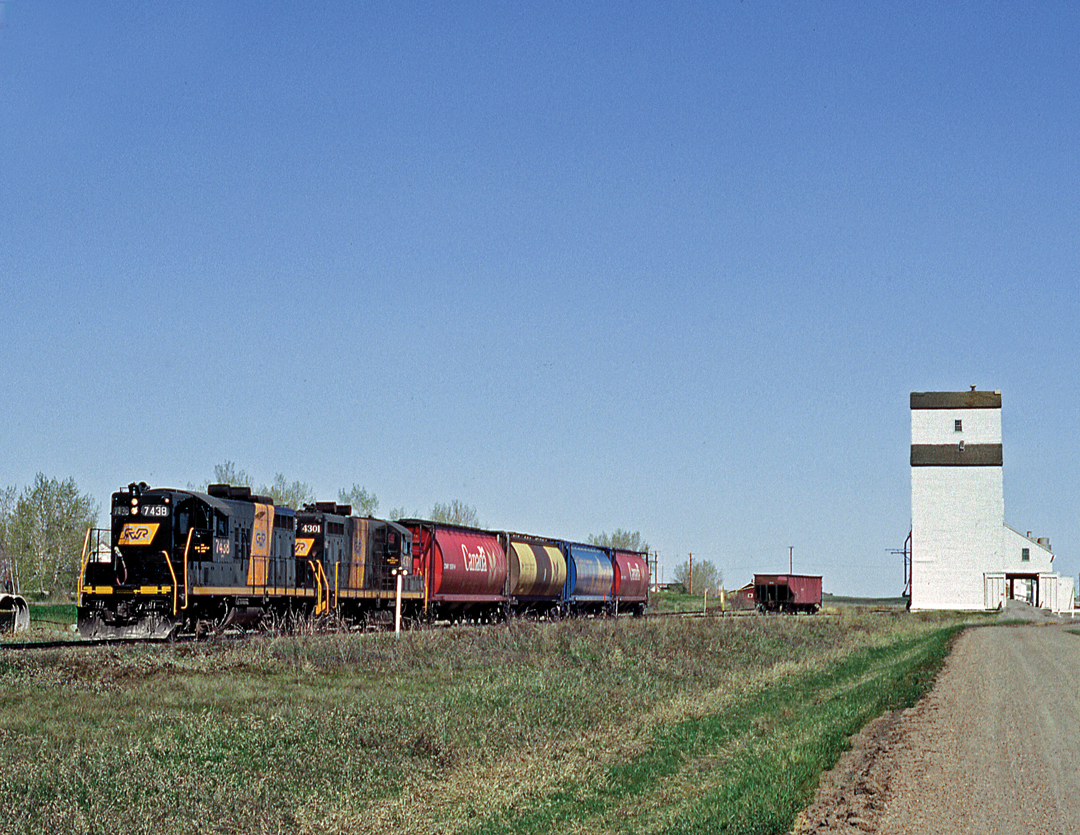INVESTING IN EDUCATION
NEW UNIVERSITY OF ALBERTA RESEARCH POSITIONS TO STRENGTHEN AGRICULTURAL PROGRAMMING
BY ANDREA HILDERMAN • PHOTO COURTESY OF THE UNIVERSITY OF ALBERTA
What do four crop commissions, one research agency and the University of Alberta’s Faculty of Agricultural, Life and Environmental Sciences (ALES) have in common? They are working together to strengthen the university’s agricultural programming by co-funding the hiring of three research chairs who will mentor students and conduct crop research.
Alberta Wheat Commission (AWC), Alberta Barley, Alberta Pulse Growers and Alberta Canola Producers have teamed up with the university and Western Grains Research Foundation (WGRF) to fund positions in agricultural entomology, soil health and a third chair now in development, the details of which have not been announced. Once candidates are hired, matching funding will be sought from the Natural Sciences and Engineering Research Council of Canada.
“It had been identified that the University of Alberta’s agronomy program was not as strong as it could be,” said Lauren Comin, AWC research manager. “Then, the untimely passing in 2014 of Lloyd Dosdall, a highly respected entomologist, left a gaping hole at the University, and indeed in the whole industry, and it was never filled.” Initiated by a WGRF study on agronomy capacity in Western Canada, the parties began discussing how the findings would be acted upon in fall of 2016.
Comin also noted that there were other areas that could be bolstered at the university, such as soil science and general agronomy. As well, the crop commissions have a mandate to invest a significant portion of their check-off funds in research, in part to assure the Agriculture groups will fund three chairs soon to be established as part of the university’s ALES faculty. Investing in education New University of Alberta research positions to strengthen agricultural programming development of the next generation of agronomists and scientists.
Stan Blade, dean of ALES, has been aware of these gaps and has worked to assess the faculty’s capabilities, which led to the university’s participation in the three-chair initiative. “This is just another great example of how we have been able to partner with industry to strengthen the faculty,” said Blade. “Adding these positions will add to our already impressive research capacity, as well as ensure training for undergraduates, graduates and future scientists; not to mention the benefits that are going to flow out to the industry, including producers.”
The ALES faculty will fund the soil health chair while the commissions are funding the chair in agriculture entomology. The hunt for the two candidates began this past spring and they are expected be in place by January 2019. The third position, the details of which are now being worked out, will be funded by WGRF.
“We are really excited to watch how these scientists [will] strengthen the undergraduate and graduate programs at the university,” said Comin. “Additionally, we expect benefits to growers and to the whole agricultural community as their programs contribute to the network of agronomic research across the province.”
“Ag entomology is a critical area of interest for the academic community and the farming community,” said Blade. Once in place, the chosen scientist will not only develop and lead the research program, but will engage with farmers, industry and academic peers, listening to everyone’s input and helping to lead the ALES program into the future. “We are truly grateful to be closing the ag entomology gap left by Dr. Dosdall,” concluded Blade.








Comments